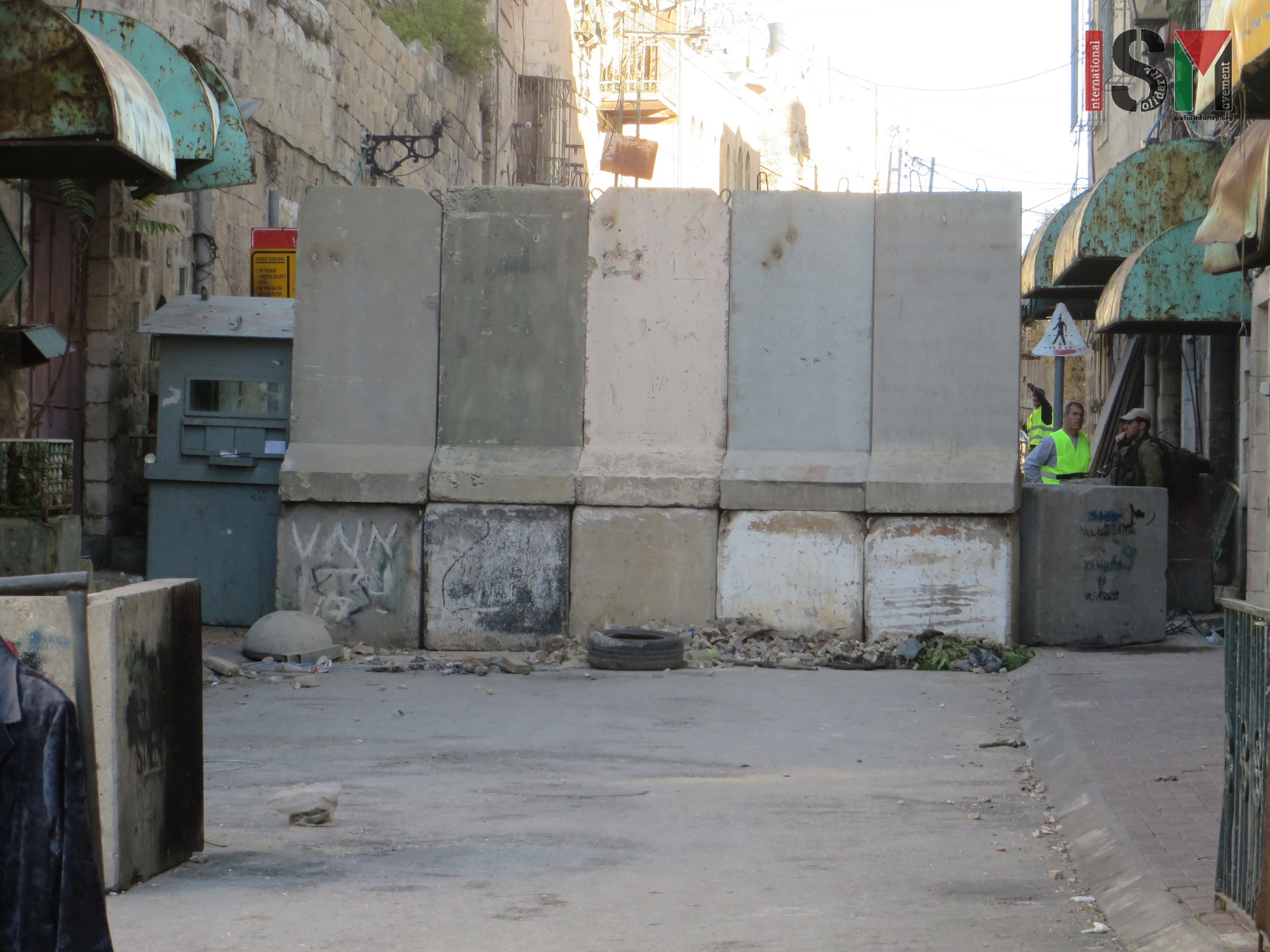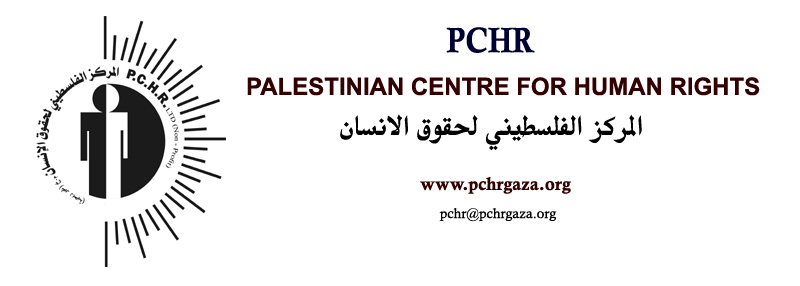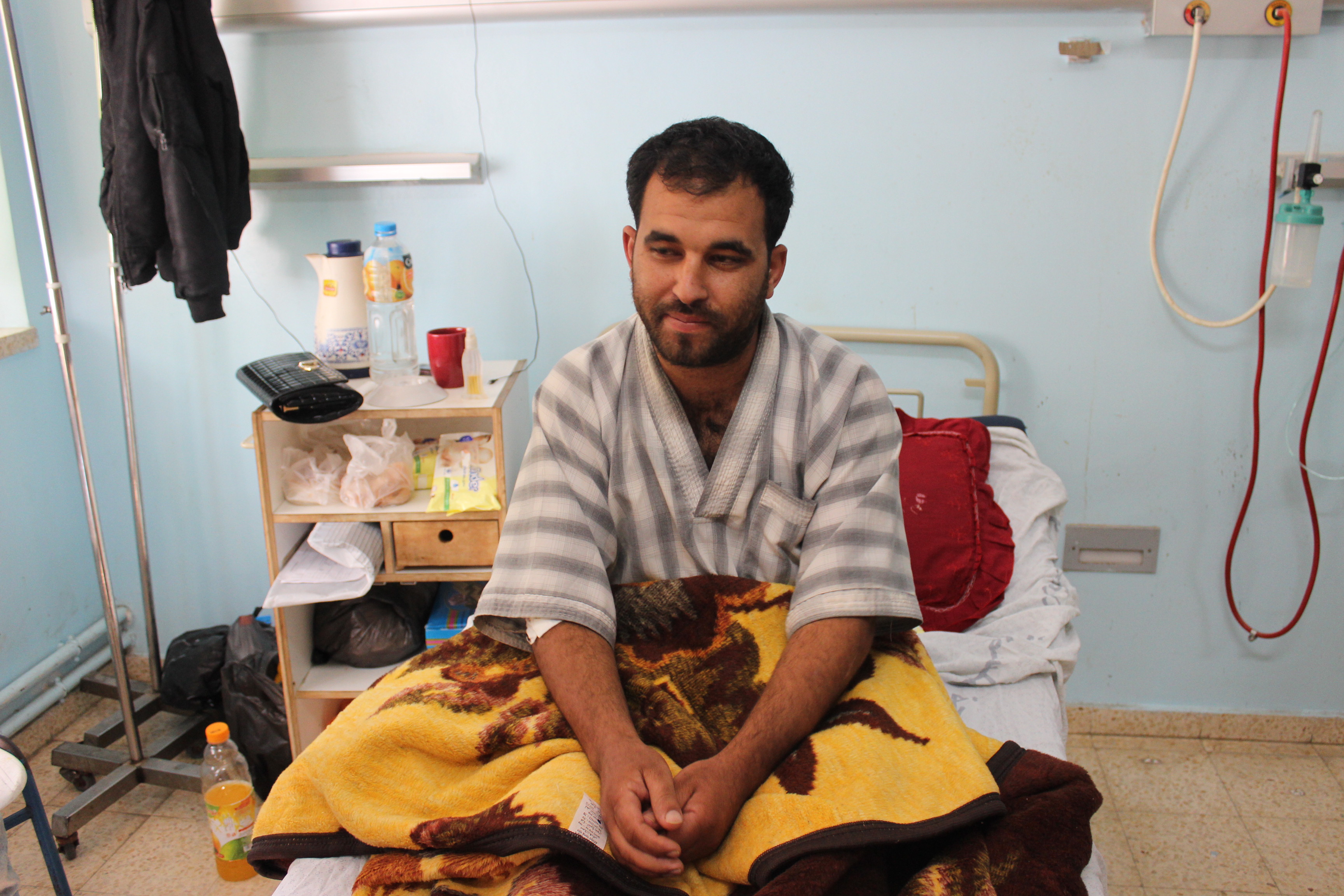Category: Features
-
Closure of major checkpoint in occupied al-Khalil (Hebron)
8th December 2015 | International Solidarity Movement, Khalil Team | Al-Khalil, occupied Palestine Israeli forces on Monday, 7th December 2015, have closed Shuhada checkpoint in occupied al-Khalil (Hebron) for an indefinite period of time. This checkpoint marks the border between the H2 area of al-Khalil, under full Israeli control, and the H1 area, supposedly under…
-
ACT NOW. To Save Palestinian refugee in Saudi Arabia from death penalty after unfair trial
7th December 2015 | Palestinian Centre for Human Rights | Press release On 17 November 2015, a Saudi court sentenced to death a Palestinian Refugee, Ashraf Fayadh (35), for alleged blasphemous statements during a discussion, which are also mentioned in his poetry. The Palestinian Centre for Human Rights (PCHR) calls upon you to participate in the…
-
In Gaza, another farmer shot by a sniper for working his land
December 8th, 2015 | International Solidarity Movement, Gaza team | Khan Younis, Gaza strip, occupied Palestine A week ago Mohamed Abu Taima, 29 years-old and father of a small girl, was working his land 450m from the separation fence when an Israeli sniper shot him. At 4pm, he had arrived to his land in Al Faraheen,…



